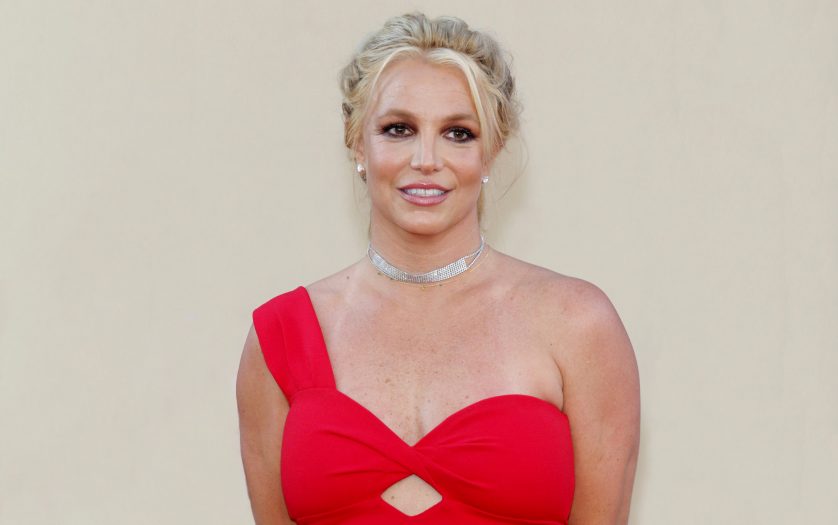
Britney Spears’ public plea to end her conservatorship has brought awareness to the issue that persons with disabilities have been struggling with for decades.
Testifying before the California court, Spears said her father and his lawyer controlled nearly every aspect of her life for 13 years, including where she lived, who she saw, or even whether to remove her contraception to have a baby.
The #FreeBritney movement has done more than just bring attention to the Spears issue – it has also brought awareness to the fact that people with disabilities have been fighting against conservatorships for decades.
“This is a much bigger issue that impacts people every single day, and we just don’t think twice,” said lawyer and disability rights advocate Haley Moss, who has autism and was non-verbal.
“We don’t think twice about someone with an intellectual disability who might be under conservatorship because we think, ‘Oh, they can’t do it, they’re not famous, they don’t have an empire the way Britney Spears does.'”
A conservatorship, also known as guardianship, is granted in conditions where an individual is physically or mentally unable to manage their own assets, according to the Superior Court of California.
The terms of a conservatorship varies from case by case depending on the person’s abilities. The Justice Department estimated that there are approximately 1.3 million active adult conservatorships nationwide.
Journalist Sara Luterman wrote in a recent article for The New Republic that there is “a ‘school-to-guardianship-pipeline,’ in which conservatorship over students with intellectual and developmental disabilities leaving school is treated as a matter of course.”
Zoe Brennan-Krohn, an ACLU attorney who focuses on disability rights, said, while conservatorship should be a last resort, “judges rarely ask” what other options have been exercised first.
Moss said collaborative decision-making agreements offer more freedom and flexibility to the individual. Conservatorships, on the other hand, are more complicated to reverse.
“Even when we see Britney, who has been struggling to end a conservatorship for 13 years — just imagine how hard that must be for average disabled person who might also be marginalized by race or might not have access to attorneys,” Moss said.
Conservatorships do not usually involve reproductive decisions, but it has come up in the past.
In 1985, the conservator parents of a 29-year-old woman with Down syndrome wanted her to get a tubal ligation so she could not get pregnant. The California Supreme Court denied their request because it violated the woman’s rights.
However, Buck v. Bell — a 1927 Supreme Court court case that ruled it was constitutional to sterilize a “feeble-minded woman” because “three generations of imbeciles are enough” — is still on the books, Moss said.
A separate Supreme Court ruling in 1945 determined that forced sterilization should be subject to scrutiny, but it did not directly overturn Buck v. Bell, nor did it specifically address disability.
“With disability, I think people are seen as not having autonomy or they don’t know better,” Moss said. “But like anyone else, we deserve bodily autonomy, to be able to make our own decisions, and to have access to education.”








